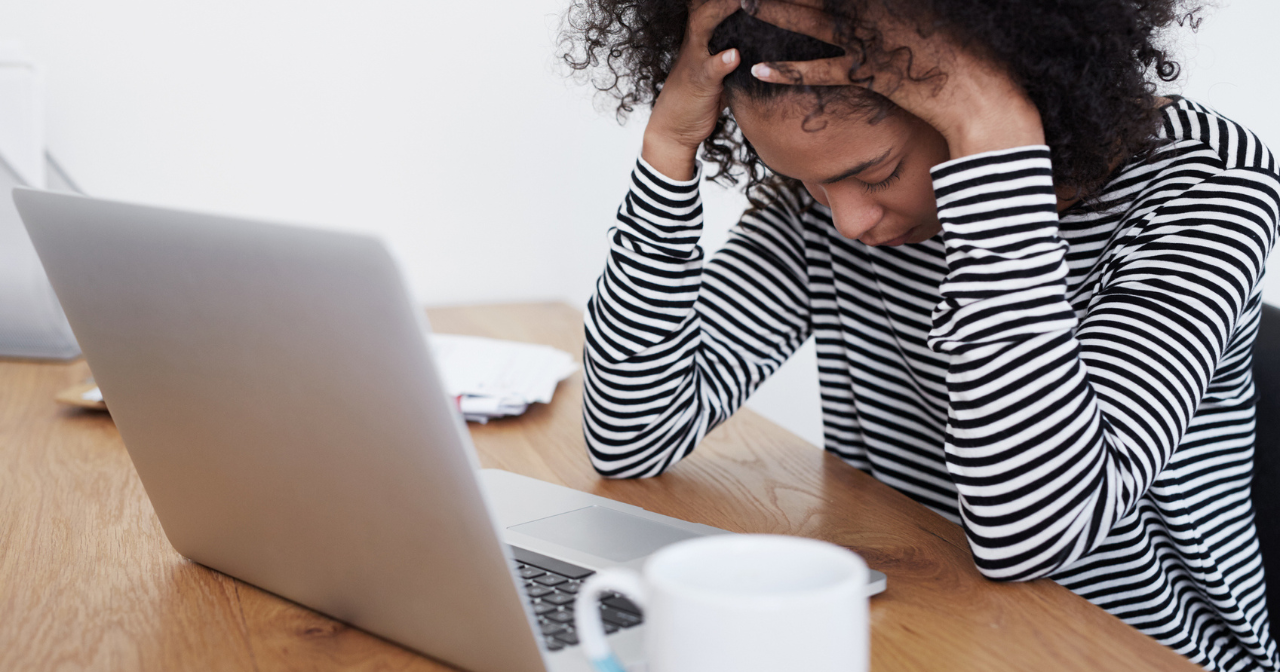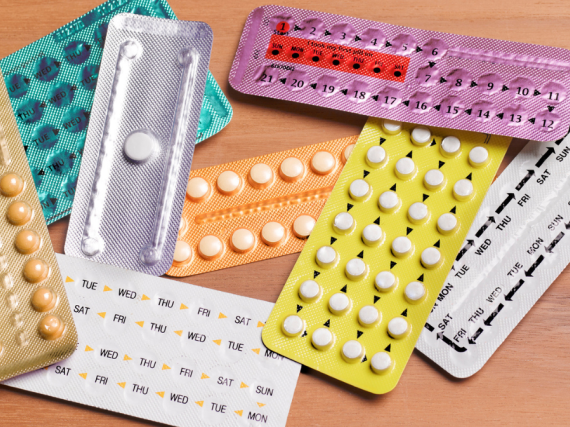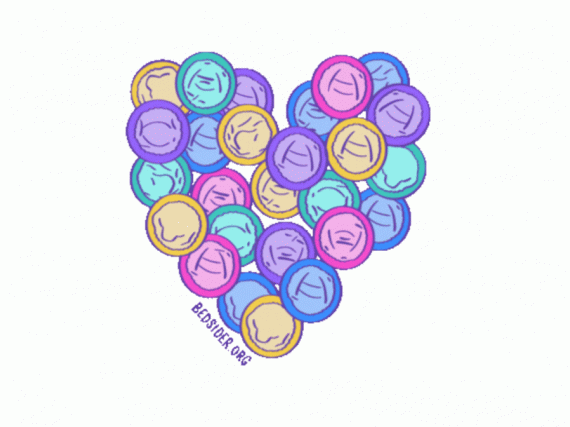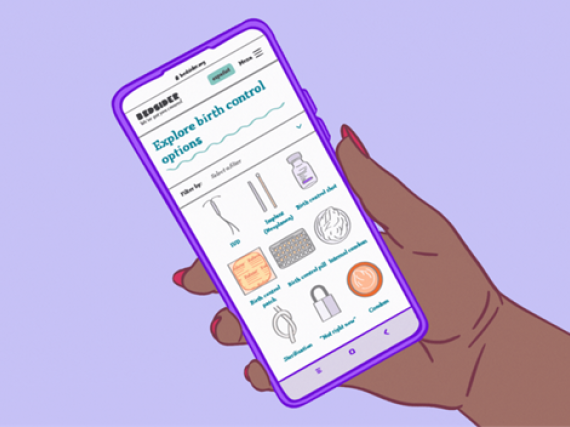Birth Control and Depression
People sometimes connect their mood swings or depression to their birth control. The research connecting contraception and mood changes and depression, however, isn’t so cut and dry. Read on to understand where research on this issue stands today as well as what to do if you believe that your birth control is impacting your mental health or having other undesirable side effects.
Connecting Birth Control to Mental Health
Hormonal birth control methods, including the pill, patch, ring, shot, implant, and IUD, use synthetic forms of hormones (estrogen and progesterone) that the body makes naturally to prevent pregnancy. Hormonal birth control methods contain either a combination of progestin and estrogen or only progestin and they work by changing the body’s natural hormone levels. As hormones are also influential in shaping moods, birth control hormones can sometimes have unintended effects.
The side effects of hormonal birth control can depend on the type of method. Some hormonal birth control methods even have positive side effects that aren’t related to preventing pregnancy such as helping to control acne or cramping and preventing some types of cancer. Certain people who use the pill or hormonal IUD have fewer, lighter, more regular periods, or even no periods. And some folks find that birth control can help reduce dysphoria, anxiety, and depression. Hormonal birth control methods are also some of the most effective, and for some people knowing that can help reduce anxiety related to getting pregnant when they don’t want to.
Some research has found links between hormonal contraceptives and depression. But that doesn’t mean that everyone—or even most people—using hormonal birth control will have new or worsening depression or experience depressive symptoms due to birth control. Overall, it seems that both adults and young people report either no change or a slightly more positive mood after starting the pill.
While most people will not experience mood swings or depression from the use of hormonal birth control, it is something to be aware of, especially for those who already have depression or who see a significant change in mood after starting a hormonal birth control method.
Symptoms of Depression
Depression can have a variety of symptoms and the symptoms of depression in women are sometimes different than in men. Recognizing these symptoms early can help people get the treatment they need. Some of the most common symptoms of depression are:
- Feeling overly tired or not feeling rested even after sleeping.
- Loss of interest in hobbies and activities.
- Feeling more irritable than normal or for a long period of time.
- Feelings of worthlessness, or intense sadness.
- Trouble concentrating.
- Eating much more or less than usual.
It’s important to note that at some point, almost everybody will go through periods of time where they experience some or all these symptoms. The ebb and flow of life isn’t always predictable and leads to moments that are more difficult than usual. However, if someone struggles for two weeks or longer, it may indicate that they’re dealing with depression rather than life’s general blues.
When to Talk to a Health Care Provider
Sometimes starting a new birth control method leads to temporary side effects as the body adjusts, such as bleeding between periods, breast tenderness, and nausea. With hormonal contraceptives, adjusting can sometimes take up to a few months, but if any symptoms or side effects become unbearable, even before waiting a few months, it might be time to try another birth control method.
Anyone who experiences symptoms of depression for longer than two weeks should reach out to talk to a health care provider. While speaking to a therapist or psychologist about the issue can help determine the root cause, primary care providers, OB-GYNs, midwives, and other health care providers can also help build a plan to begin treatment.
Anyone experiencing more severe symptoms, such as a plan to hurt themselves, should not wait two or more weeks. Call 988 to speak to someone 24-hours a day, 7 days a week through the National Suicide Prevention Lifeline.
Alternatives To Hormonal Birth Control
There are many different types of birth control. In the US, people will try five different methods throughout their lives on average. So, reevaluating and switching methods due to any side effects, including depressive symptoms, is not only okay, it’s normal.
Not all hormonal methods have the same hormones in them or the side effects. If someone’s having a negative reaction on one pill, for example, they could talk to their provider about trying an implant, the shot, or even a different brand of pill. Switching to a non-hormonal contraceptive is also an option as these methods don’t have any hormone-related side effects.
It’s important to remember that hormonal methods are more effective than most non-hormonal methods. If staying baby-free is the main concern, the most effective, non-hormonal methods are a non-hormonal IUD (Paragard) or sterilization (although that is a permanent option). Other non-hormonal methods include barrier methods, such as condoms and internal (which also protect against STIs), diaphragms, and spermicide, are also options as is pulling out, fertility awareness based methods, and taking a break from the types of sex that can lead to pregnancy.
Prioritizing mental health is essential. While not everyone will need to switch methods due to side effects, it’s important to stay on top of changes in both physical and mental health whenever beginning a new birth control.
Some folks birth control journeys experience more detours than others, but ultimately there is a method out there for everyone.



